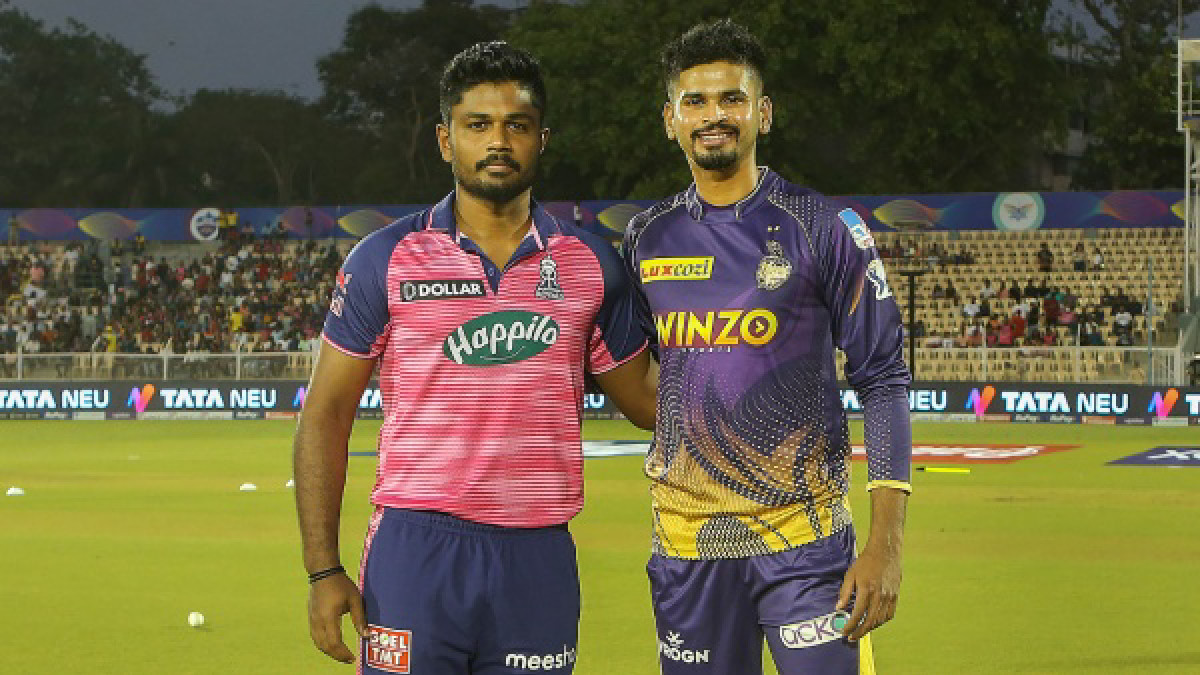
GST dented exports, demonetisation led to decline in MSME sector: RBI study
New Delhi, Aug 18: An RBI study has found that the controversial note ban imposed in November 2016 has led to further decline in the already falling credit to the MSME sector, while GST rollout has not made any significant positive impact on overall credit to the sector but has deeply dented their exports.

The credit disbursal to the MSME sector has, however recovered a tad since the lows of 2017 to reach the mid-2015 level, notes an RBI report called the Mint Street Memo.
Though micro-credit, including loans by banks and NBFCs to the sector has grown in recent quarters, exports have been hit badly since the GST implementation.

The MSME sector constitutes a vast network of over 63 million units and employs around 111 million people, contributing around 30% to the GDP, accounting for about 45% of manufacturing output and around 40% of total exports.
"The MSME sector has witnessed two major recent shocks, demonetisation and introduction of goods and services tax. For instance, contractual labour in both the wearing apparel and gems and jewellery sectors reportedly suffered as payments from employers became constrained after note ban. Similarly, GST led to increase in compliance costs and other operating costs as most of MSMEs were brought into the tax net as over 60 per cent of them were not ready for the new tax regime," said the report.
But on a positive note, a Sidbi study has found that after note ban and GST introduction, relative credit exposure initially declined for most MSMEs but recovered by March 2018. A major obstacle for growth of MSMEs is their inability to access timely and adequate finance as most of them are in niche segments where credit appraisal is a major challenge.
According to an International Finance Corporation (IFC) estimate, the potential demand for the MSME finance is about USD 370 billion as against the current credit supply of $139 billion, resulting in a finance gap of $230 billion which is equivalent to 11% of GDP.
About 97% of MSMEs operate in the informal sector, and their share of informal sector in gross output of MSMEs is about 34%. As per National Accounts Statistics, the share of informal sector manufacturing MSMEs in total GDP is around 5 per cent.

The annual growth of bank credit to MSMEs decelerated gradually during 2015 to 1.6% in April 2016 before recovering till October 2016. The deceleration during 2014-16 was partly due to overall economic slowdown, rising NPAs and reclassification of food and agro-processing units from MSME category to agriculture sector.
Credit growth fell significantly and turned negative during November 2016-February 2017. Therefore, it seems that demonetisation accentuated the slowdown in credit growth, particularly to industrial sector. However, credit growth to the sector recovered after February 2017 to reach an average of 8.5 per cent in January-May 2018.
The share of credit to MSMEs in overall bank credit declined steadily to around 14% by end-March 2018 from about 17% in 2007, partly due to over-lending to large corporates (now stressed) in the second half of 2000s.
Additionally, the share of credit to medium enterprises dropped significantly also. NPA from the sector has increased over time, with the level being much higher for PSBs.


 Click it and Unblock the Notifications
Click it and Unblock the Notifications

































